This article was medically reviewed by Luba Lee, FNP-BC, MS. Luba Lee, FNP-BC is a Board-Certified Family Nurse Practitioner (FNP) and educator in Tennessee with over a decade of clinical experience. Luba has certifications in Pediatric Advanced Life Support (PALS), Emergency Medicine, Advanced Cardiac Life Support (ACLS), Team Building, and Critical Care Nursing. She received her Master of Science in Nursing (MSN) from the University of Tennessee in 2006.
There are 9 references cited in this article, which can be found at the bottom of the page.
This article has been viewed 14,565 times.
If you've suffered a stroke, you may have lost some of your speech, which can be disheartening. This condition is common, though, and you may be able to regain at least some of your speech. Start by getting yourself a good speech therapist, who can help you regain your speech. However, don't stop there. You can also find things to do at home on your own to assist you in recovering your language skills.
Steps
Using Therapy to Help Regain Speech
-
1Begin as soon as you can after your stroke. The sooner you begin your therapy, the more effective it is likely to be. Therefore, try to begin it as soon as you possibly can after your stroke.[1] Request a speech therapist while you're still in the hospital if possible.[2]
- If you don't already have a speech therapist, ask your doctor to refer you to 1.
-
2Expect an assessment in the first session. Typically, the therapist will use the first session to figure out where you are when it comes to language. They may put you through a series of simple tests, such as asking you basic knowledge questions or having you read a short passage. They just want to know where you are so they can figure out how best to help you.[3]Advertisement
-
3Take an intensive language and speech therapy course. In this type of course, you will have a large number of sessions in a short period of time. This type, of course, may help you regain your language skills faster, but it can be tiring, especially since you've just had a stroke.[4]
- Therapy can include individual sessions with a therapist, but you may also work in groups. Sometimes, technology is used for therapy, such as an app or a computer program.
- You'll likely do things like read passages aloud, work in reading comprehension, sing along to music, speak with a metronome, and match words to images.
-
4Try a group therapy program. In a group therapy program, you'll have the opportunity to work on your speech with a group of people that are also going through speech therapy. Practicing your speech with a group makes recovery easier, and it can be comforting to be surrounded by people who understand what you're going through.[5]
-
5Do a less intensive program if you need to. Sometimes, an intensive program can be overwhelming right after a stroke. You may not be able to keep up, and that's okay. If that's the case, consider doing a less intensive program. You'll still see many benefits from speech therapy, even if you drag it out a bit longer.[6]
-
6Try to be patient. Understandably, learning to speak again can be very frustrating. You must relearn something you've simply known most of your life. Be patient with yourself, as it will take time to regain what you've lost.[7]
- When you find yourself getting frustrated, try taking a few deep, calming breaths.
-
7Use the communication skills you still have immediately after your stroke. Since it may take a little while to recover your speech, you'll need other ways to communicate. While you're recovering, use gestures, cue cards, written language, or even pictures to show others what you need. You need to be able to tell your family or caregivers what you need.
- Often, your therapist will provide you with cues that will help, such as pictures to show your family or caregivers.
Trying Therapy Exercises at Home
-
1Use a reading comprehension book. Therapists often use reading comprehension exercises, where you read a passage and then try to answer questions about it. You can try this approach at home by buying a reading comprehension book, one either made for children or for adult learners. You can also search for reading comprehension passages online.[8]
- Read the passages, and try to answer the questions. Have a family member go over it with you if you're having trouble.
-
2Read books for younger readers. If you're having trouble reading, books for younger readers may be a good way to begin again. Revisit some old favorites, or pick up a book or 2 at the library. It's a good place to start, particularly since the tendency to rhyme in children's books may help you pick up words faster.[9]
- Try reading them out loud, not just silently.
-
3Add melodic qualities to words. You likely already say certain words with certain intonations, such as "Good morning!" Exaggerating those intonations or adding a melodic influence to certain common phrases can help you recall these phrases when you need them. Eventually, you'll be able to drop the exaggerations, but at first, it can help you get your words out.
-
4Listen and repeat words. When watching a show or listening to the radio, try repeating what people say. Just the repetition of speaking words can help increase your vocabulary after a stroke.
-
5Try slowing down your speech. Sometimes, you may be trying to speak faster than your muscles can keep up. Work on slowing down your speech, speaking as distinctly as you can. In fact, you can even use a metronome to slow down your speech. Set it to a slow beat, and try to speak a single syllable per beat.[10]
-
6Use an app for speech recovery. An app can provide you with therapy that you carry with you wherever you go. These apps will run you through some of these exercises so you don't have to think of them yourself. For instance, try Tactus Therapy, designed specifically for adult speech therapy.[11]
-
7Ask for help from friends and family. Your family and friends want to help you as much as they can, so don't be afraid to ask for help! They can help you with exercises, and they can be patient with you when you're looking for words.[12]
-
8For instance, you could read aloud to a friend or family member, and they could assist you with words that you have trouble with.
Incorporating Exercises into Your Everyday Life
-
1Enjoy word-based games. Word-based games, such as crossword puzzles, Scrabble, and any number of board games can help you relearn words. Enjoy them by yourself, or play with a friend or family member.[13]
-
2Sing along to familiar songs. Often, you'll remember the words to songs even when you're having trouble speaking. Spending time singing along to songs you love can help trigger your memory, encouraging language recovery.
-
3Read everything aloud. Whether you're reading a recipe or looking at street signs, say things aloud. Practice your speech as often as you can, as that will help you continue to develop language.[14]
-
4Play children's games and apps. While it may seem juvenile, games designed for kids are often focused on language acquisition. If you spend a little time playing these games each day, whether a board game with another person or an app, it can help increase your language skills.
References
- ↑ https://www.nhs.uk/conditions/aphasia/treatment/
- ↑ http://www.healthtalk.org/peoples-experiences/nerves-brain/stroke/stroke-recovery-communication-disorders
- ↑ https://www.nhs.uk/conditions/aphasia/treatment/
- ↑ https://www.nhs.uk/conditions/aphasia/treatment/
- ↑ https://www.mayoclinic.org/diseases-conditions/aphasia/diagnosis-treatment/drc-20369523
- ↑ https://www.nhs.uk/conditions/aphasia/treatment/
- ↑ http://www.healthtalk.org/peoples-experiences/nerves-brain/stroke/stroke-recovery-communication-disorders
- ↑ http://www.healthtalk.org/peoples-experiences/nerves-brain/stroke/stroke-recovery-communication-disorders
- ↑ http://www.healthtalk.org/peoples-experiences/nerves-brain/stroke/stroke-recovery-communication-disorders
- ↑ http://www.healthtalk.org/peoples-experiences/nerves-brain/stroke/stroke-recovery-communication-disorders
- ↑ http://tactustherapy.com/homeuse/
- ↑ https://www.nidcd.nih.gov/health/aphasia#treated
- ↑ https://www.aphasia.org/stories/word-games-aphasia/
- ↑ http://www.stroke.org/we-can-help/survivors/stroke-recovery/post-stroke-conditions/physical/aphasia

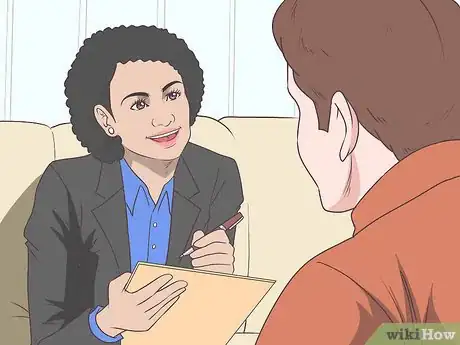
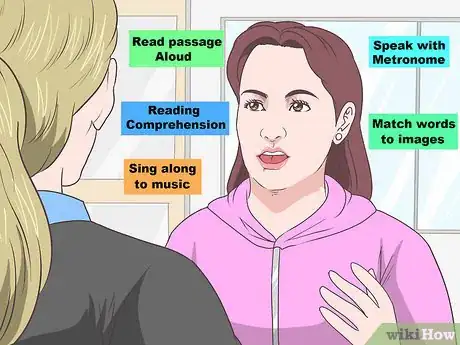

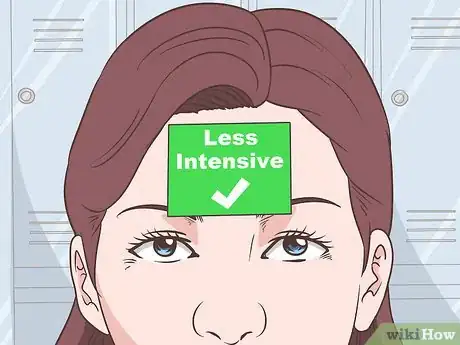
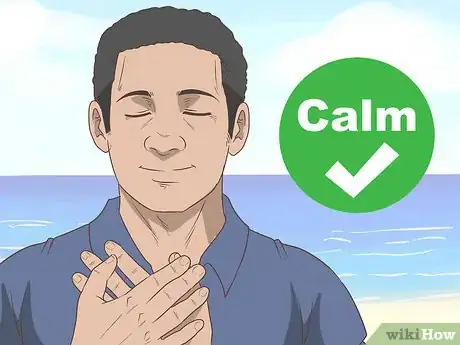
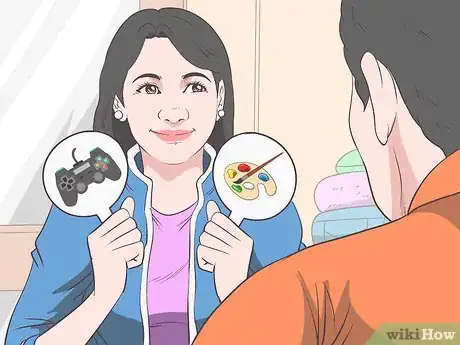
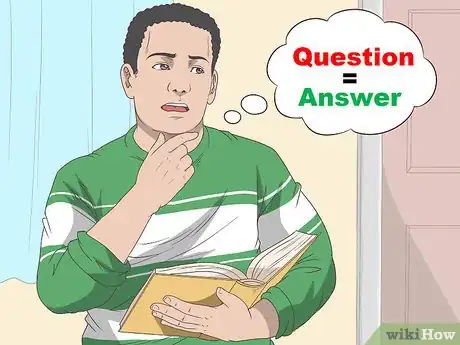
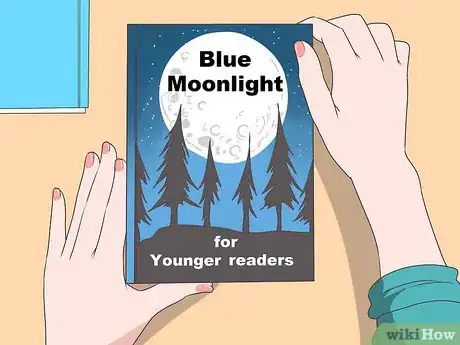
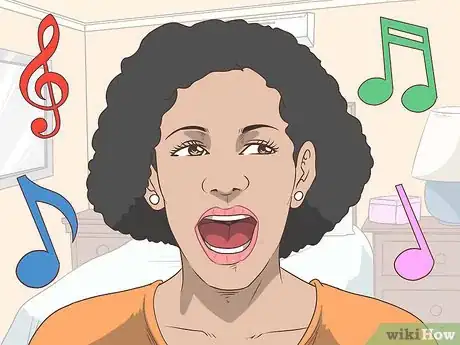
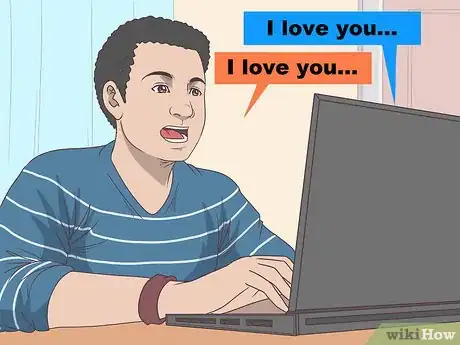
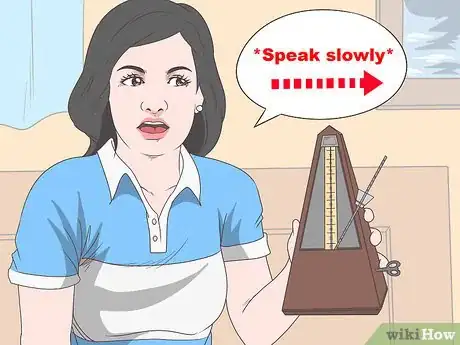
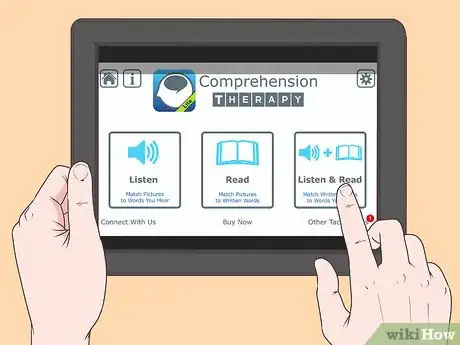
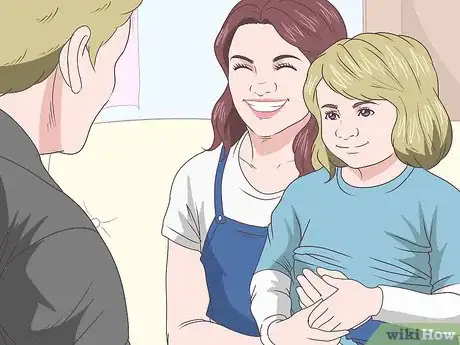
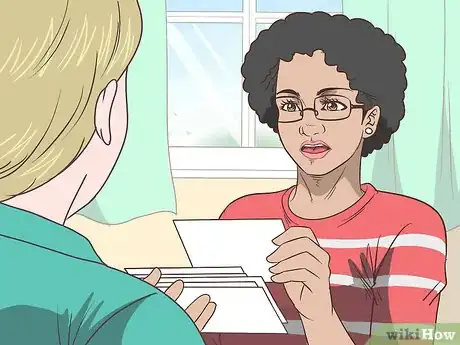
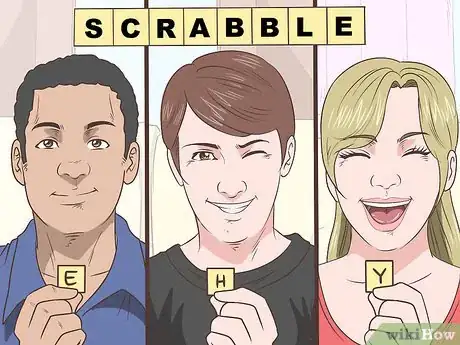
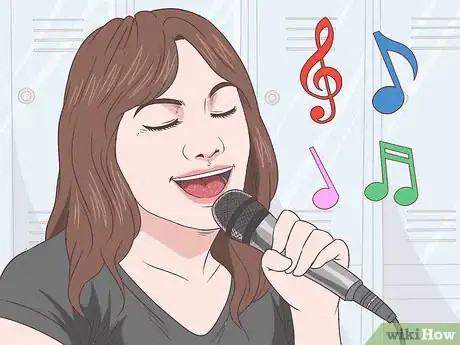
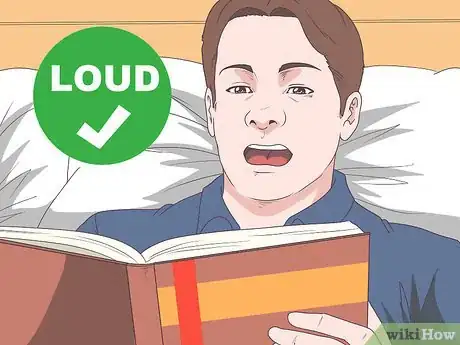
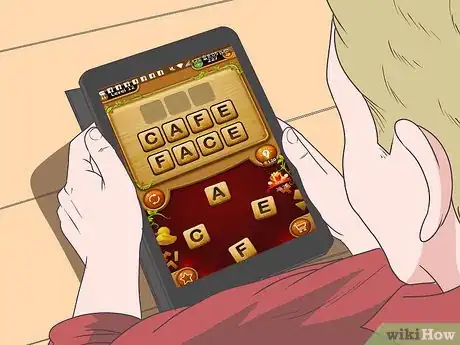

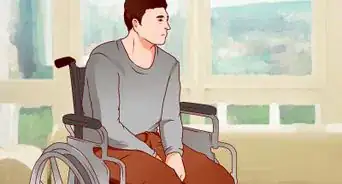
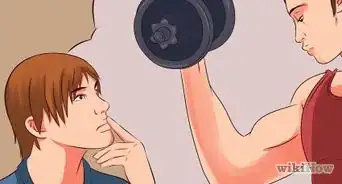
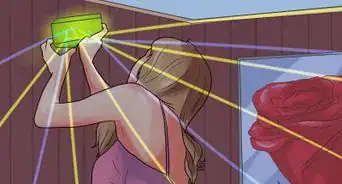
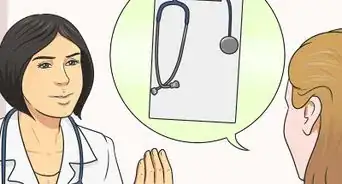
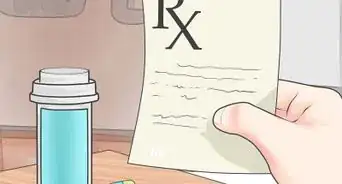
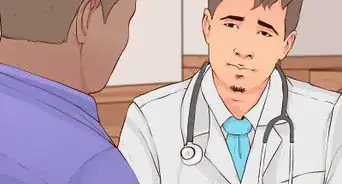








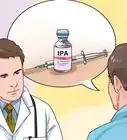


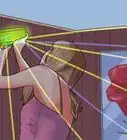



































Medical Disclaimer
The content of this article is not intended to be a substitute for professional medical advice, examination, diagnosis, or treatment. You should always contact your doctor or other qualified healthcare professional before starting, changing, or stopping any kind of health treatment.
Read More...